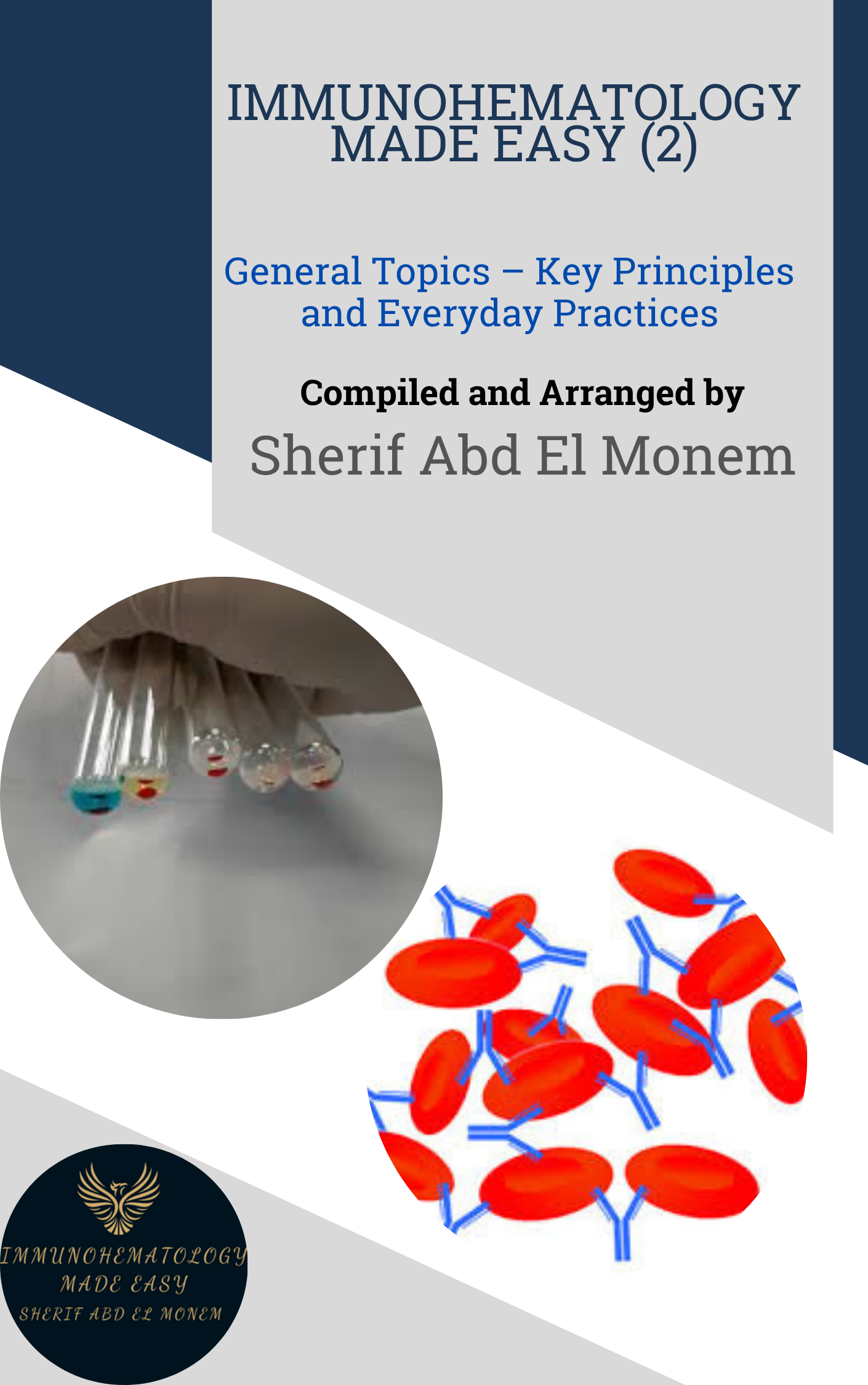INTRODUCTION:
Explore the world of quality management systems in organizations, improving quality practices. This comprehensive guide provides valuable insights for laboratory directors, quality managers, and staff members.
Importance of Managerial Commitment:
Managerial commitment is crucial for a successful quality management system, ensuring policy implementation and resource allocation.
Organizational Structure:
The structure plays a vital role in supporting a quality management system, including leadership, planning, implementation, and monitoring.

Immunohematology Made Easy (2)
General Topics – Key Principles and Everyday Practices
📘 Available now in PDF & EPUB formats
🔗 Visit Store
Impact of Leadership:
Effective leadership drives improvement efforts, providing vision, direction, and motivation for staff.
Management Responsibilities:
Laboratory management designs, implements, and maintains the quality management system, establishing policies, and providing resources.
Role of Management Commitment:
Obtaining commitment from decision-makers ensures necessary resources, while communicating commitment fosters support among staff.
Designing the Organizational Structure:
An effective structure assigns responsibilities and supports workflow, categorizing policies and procedures.
Role of the Quality Manager:
A dedicated quality manager oversees the quality system, ensuring adherence, organizing audits, and driving improvement.
Planning Process:
A well-defined planning process considers existing practices, resources, and sets SMART goals for implementation.
Conclusion:
Establishing and maintaining a quality management system requires managerial commitment, a well-designed structure, effective leadership, and proper planning. Enhance quality practices and ensure high standards of quality and compliance.


